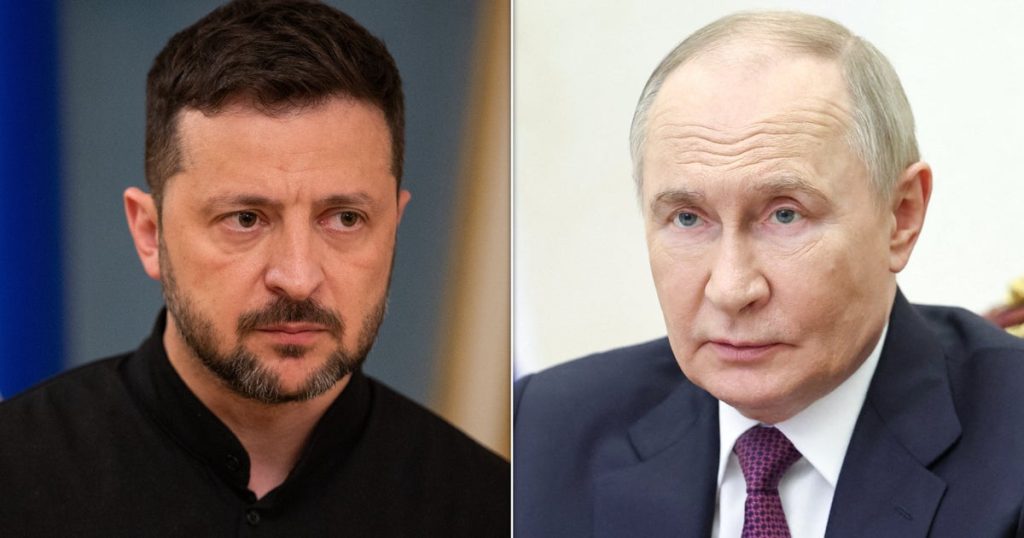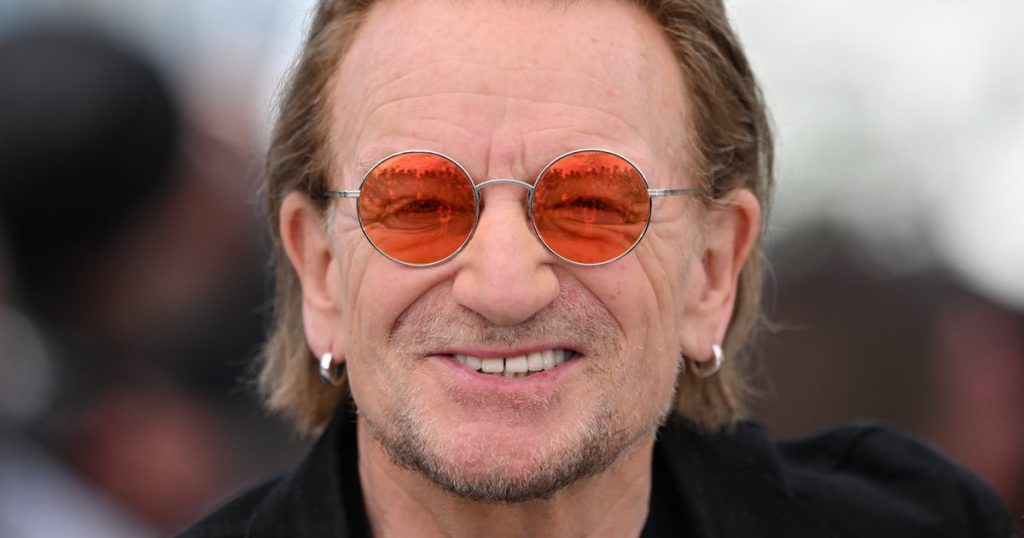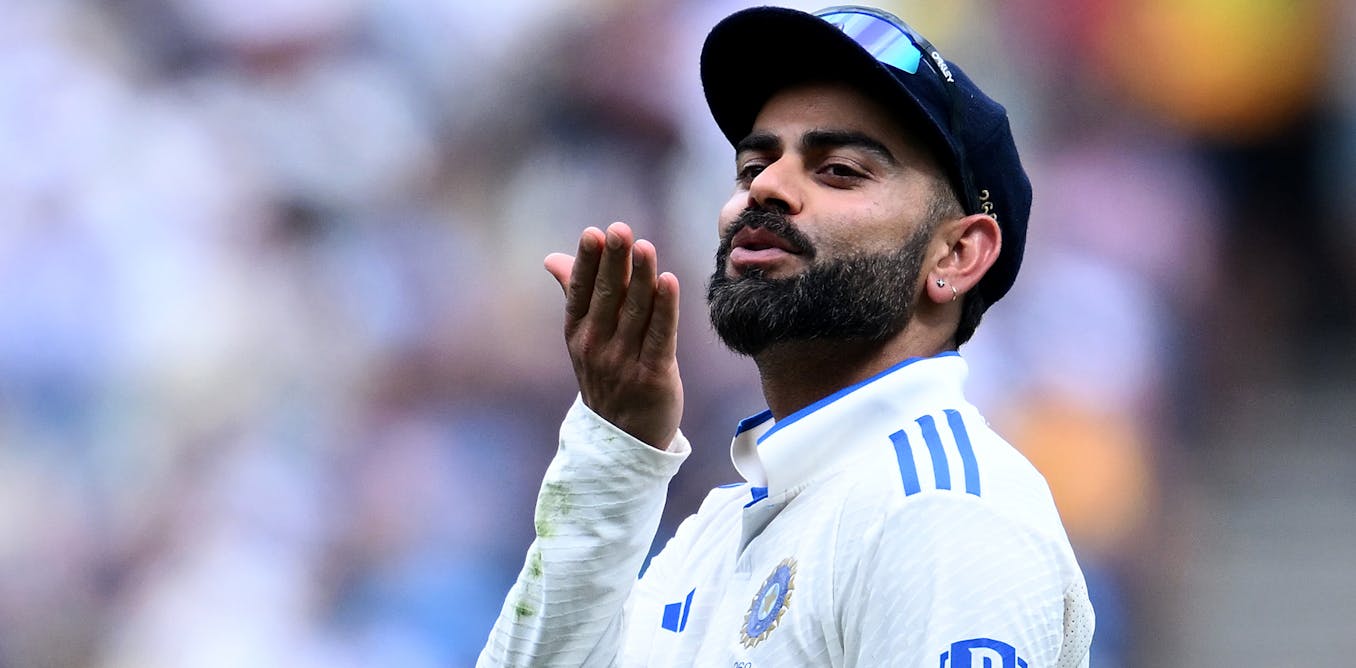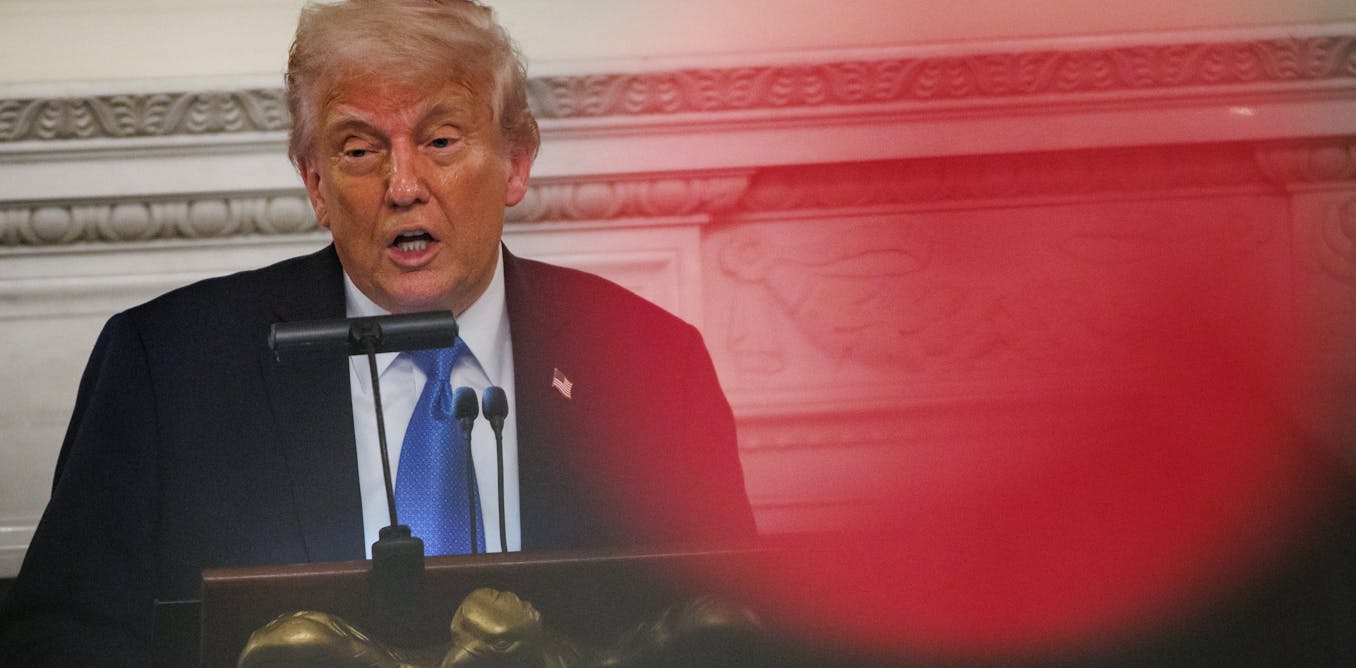Now Reading: Russia is labelling Oscar Jenkins a ‘mercenary’, not a prisoner of war. What’s the difference – and why does this matter?
-
01
Russia is labelling Oscar Jenkins a ‘mercenary’, not a prisoner of war. What’s the difference – and why does this matter?
Russia is labelling Oscar Jenkins a ‘mercenary’, not a prisoner of war. What’s the difference – and why does this matter?
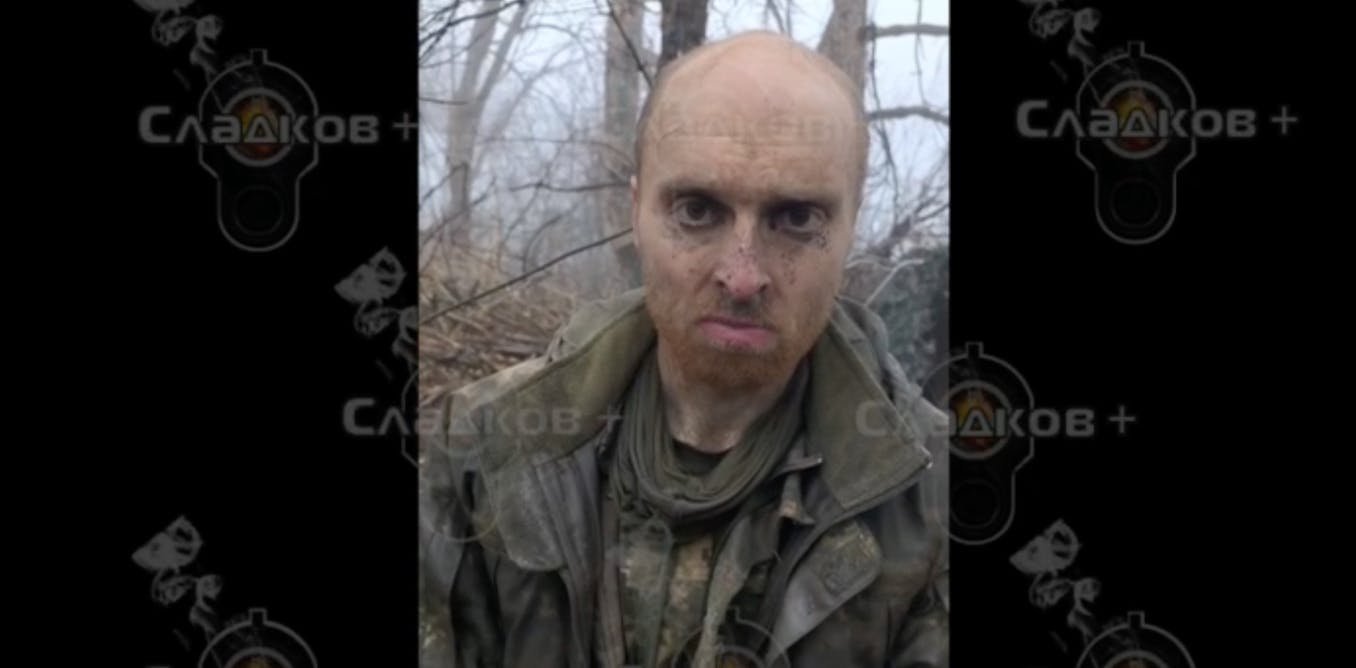
In 2022, Oscar Jenkins, a 33-year-old ex-educator from Melbourne, answered Ukrainian President Zelensky’s call for volunteers to assist in defending against Russia’s invasion. In early 2024, Jenkins joined the International Legion of Territorial Defense in Ukraine, which has drawn around 20,000 fighters from 50 nations. Despite lacking military background, he was allowed to join. Jenkins was taken captive by Russian troops in eastern Ukraine in December. He was accused of serving as a “mercenary” in Ukraine’s 66th Mechanized Brigade’s 402nd Rifle Battalion, tried in a Russian court, and sentenced to 13 years in a high-security penal colony on May 16.
The legal status of foreigners who volunteer to fight in wars can be complex under international law. The distinction between being a soldier authorized to engage in hostilities by a warring party or an illegal mercenary is crucial, especially if they are captured. Russian authorities have labeled all foreign fighters in Ukraine as mercenaries, denying them prisoner of war status and associated protections.
While international law allows foreigners to join a state’s armed forces for political or moral reasons, mercenaries, who are motivated by financial gain, have typically been outlawed. Once labeled as mercenaries, fighters lose the legal protections granted to lawful combatants, such as humane treatment and immunity from prosecution.
Many foreign nationals joining Ukraine’s International Legion were driven by a desire to defend Ukraine against Russian aggression. They were sworn into Ukraine’s armed forces, received equal pay to Ukrainian soldiers of the same rank, and were exempt from mercenary status once enlisted. Australia can support its citizens by requesting access to detainees, ensuring their humane treatment and full POW rights, and working with international bodies to advocate for their welfare and release.
Australia can also engage in diplomatic efforts to secure the inclusion of Australians in potential future prisoner swaps between Ukraine and Russia. Such exchanges have occurred in the past and have involved foreign fighters, although there is no guarantee of Jenkins qualifying for such an exchange if Russia maintains its mercenary classification.


